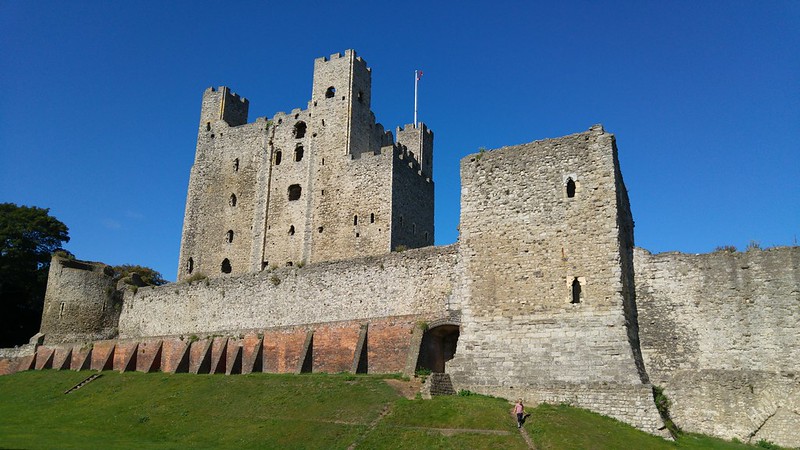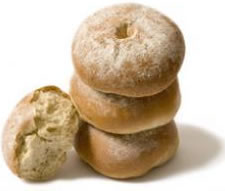A useful Swedish expression I learnt recently is Orkar du?, which can mean “Do you have the energy?”, “Can you be bothered?” or similar.
It doesn’t mean “Are you a killer whale (orca)?”, as I thought it did when I first heard it.
Orkar is the present tense of orka [ˈɔrˌka], which means to manage, to be able to, to cope with, or can. It is used in Icelandic and Faroese as well. It comes from the Old Norse orka, from Proto-Germanic *wurkijaną (to work, to make), from Proto-Indo-European *wṛǵ- (to make), which is also the root of the English word work.
Here are a few examples of how it’s used:
– så mycket de orkar bära = as much as they can bear
– ät-så-mycket-du-orkar = all-you-can-eat
– Jag orkar inte = I can’t be bothered
– Jag orkar inte med tanken på att förlora de små skatterna = I can’t stand the thought of losing my little treasures.
– Hur ofta hör vi inte att människor inte orkar bry sig? = How often do we hear that people just don’t care?
– Jag orkar inte med detta längre. = I can’t take this anymore
A related word is ork, which means energy.
Sources: Linguee, bab.la and Wiktionary





